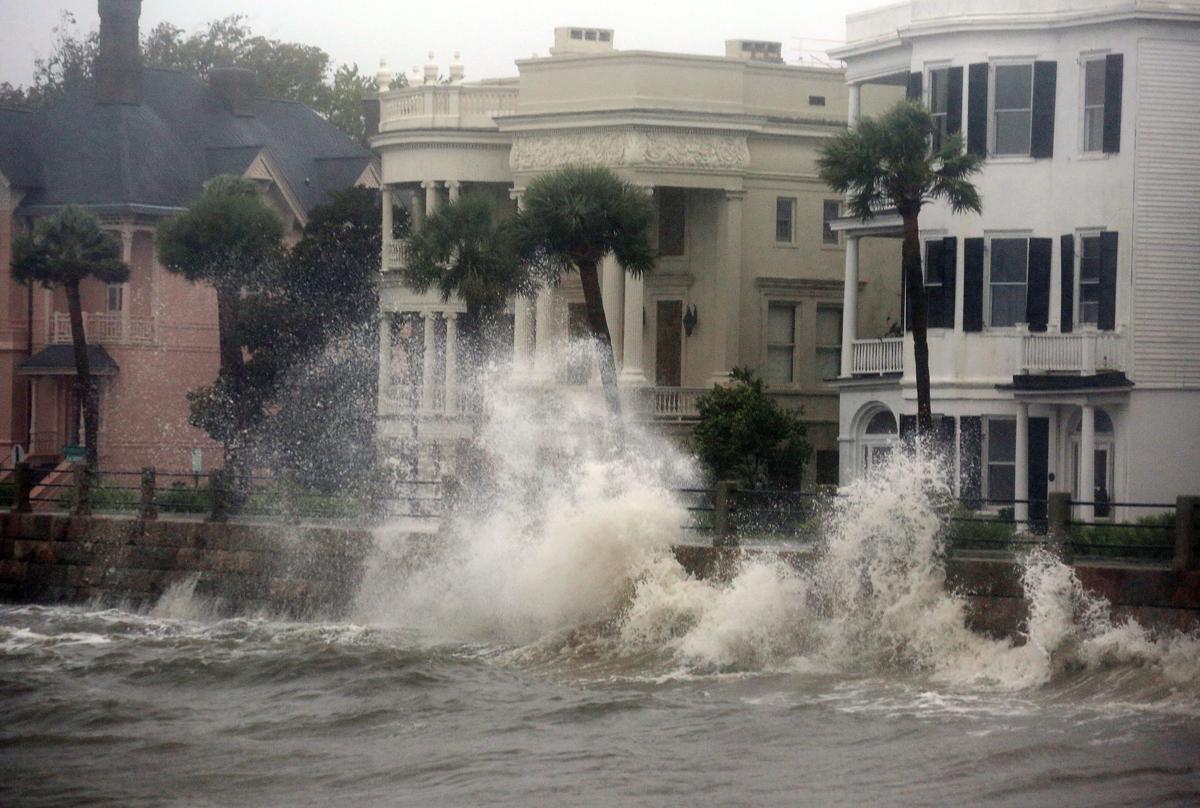Let tourists help on flooding

Charleston needs about $2 billion to fund needed drainage and flood prevention improvements, and it’s going to have to come up with that money as quickly as possible. There’s no feasible or responsible way to raise that daunting sum by taxing Charleston’s roughly 140,000 residents, so city leaders are going to have to look elsewhere.
The most obvious place to start would be with the 6 million tourists who visit every year.
Those tourists are drawn by the city’s beauty and historic charm, and they help pay for its upkeep and promotion via accommodations taxes and hospitality fees. But rising seas and stronger storms threaten to wash away much of what makes Charleston a top tourist destination, and tourists should help the city defend against those growing challenges.
To that end, state Sen. Marlon Kimpson, D-Charleston, introduced a bill last month that would allow South Carolina municipalities to direct some of their accommodations tax revenue toward flooding and drainage infrastructure. A corresponding bill was also under consideration in the House as of last week.
Under current state law, accommodations taxes can only pay for projects explicitly related to tourism. Advertising, promotion, visitor information centers, public facilities and even beach renourishment are allowable, along with a handful of other expenditures.
Stormwater pumps are not.
But in Charleston, preventing the city from constantly flooding and making it more resilient to storms are essential to preserving the tourism economy. There’s no reason accommodations tax revenue shouldn’t be used for those efforts.
A legislative fix would offer a needed lifeline to Charleston and other South Carolina cities threatened by flooding. It should be approved.
But lawmakers shouldn’t stop there.
State law currently caps the local accommodations tax at 3 percent. Charleston is grandfathered in at a higher rate of 4 percent. All together, overnight guests in Charleston pay about 14 percent in state, county and local sales and accommodations taxes and fees, a rate comparable to other tourism destinations like Savannah, Miami and New York City.
The city raised about $14 million last year that way.
At that rate, it would take more than 140 years to raise the $2 billion city officials estimate it will cost to fund already-identified flood prevention and mitigation projects. By that time, there might not be much left.
The Legislature should give cities like Charleston the flexibility to raise taxes to pay for efforts to combat stormwater problems and sea level rise.
Of course, even doubling the accommodations tax in Charleston won’t solve the city’s flooding woes in a reasonable amount of time. And under the proposed bills, drainage spending would have to go toward areas popular with tourists.
City officials will have to look elsewhere — federal disaster relief, FEMA home buyouts, state and federal infrastructure money, a head tax on cruise passengers — to fill in the gaps.
But it’s entirely reasonable to ask tourists to pay their share to help protect the future of the homes, businesses and priceless historic attractions that draw them to Charleston in the first place. State lawmakers must act to ensure that they do so
